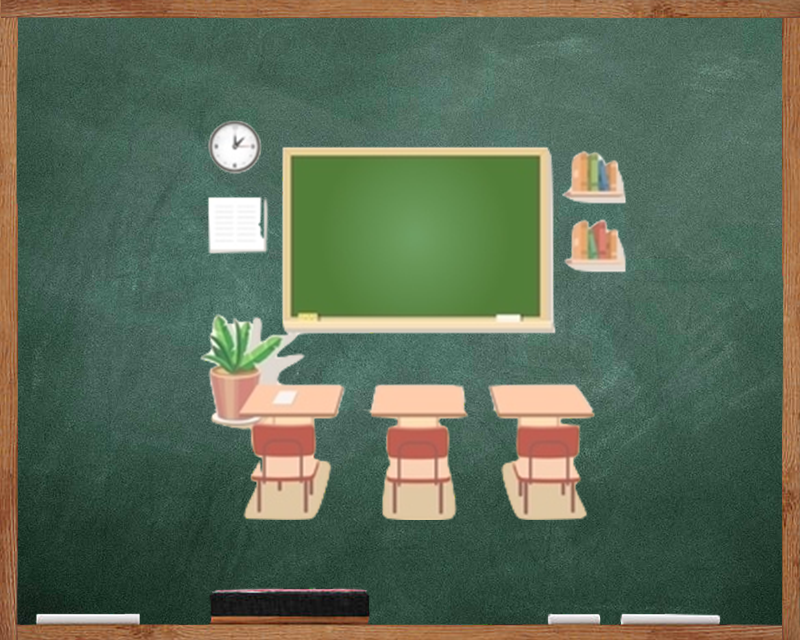An average school day unfurls: period by period, we scramble to our English, math, and science classes, taking tests, turning in assignments – doing just about anything to expand our knowledge. For most of us, our day is filled with academic subjects (save for the one or two classes of art or physical education) that often result in a general population of sleep deprived, caffeine addicts. Thankfully, our subsequent days of struggling through these academic courses do us good: we are recognized as highly intelligent and accomplished students by colleges, evident in the prestigious colleges SIS alumni have attended. But is being academically successful the only necessity to becoming a proper adult?
The reality here is a big, “no.” Academic success is only a single step to the long path of becoming an adult that entails in having a general ability to survive on our own in the mass of adulthood. Yet, it seems as though the courses available to students are highly based on academics instead of the other components that make up the adult experience. As a result, we lack insight into problems easily encountered in day-to-day life. Knowledge of financial management is out of our mind. Learning of household management is not something that we need to know now – it is all a problem that concerns us in the future. Rather, we are constantly occupied with choosing between the 20 different AP courses when perhaps the real-life application of the knowledge as independent adults is more important. The inexperience that comes with the lack of practical skill development may be more detrimental to our ability in being more experienced to dealing with the reality of being an adult.
A primary example can be taken in personal financial management. According to WXXI, a National Public Radio member station in New York, 41 percent of adults in a study learned about financial management the “hard way” due to their lack of knowledge. It is evident that though many of these adults needed financial education, a large majority did not get the necessary knowledge in his or her high school, that resulted in a significant portion of them suffering from financial issues later on in their life.
Modern media often criticize these courses as being outdated and useless in the world of technology; they condemn courses like home economics because they are supposedly “riddled” with gender stereotypes that are outdated in the modern era. However, the reality is that because education evolves along the path of human thought and technology, courses like home economics are not going to be an exception. We are simply not going to let these classes be an artifact of the past.
SIS not only lacks classes that help us pay our taxes on time, but also courses that give further insight to potential careers, despite benefits for students. Known as Career and Technical Education (CTE), these programs help students explore and experience different careers in all areas including law, health science, and business, increasing students’ chances of career success. According to the Brookings Institution, a research group in Washington D.C., students who participated in CTE programs during their secondary education had a higher employment rate and salary compared to those in similar demographics who did not.
Furthermore, CTE courses also inclusively improve learning in students of different academic standings. Take Analy High School’s new shop program. The program began as a vocational program but the new course now provides students in all math levels with different engineering experiences such as robotics or 3-D printing. According to Time, thanks to the new shop program, at least half of the students participating are on the “academic track,” allowing them to have an improvement in general learning.
Not only does it provide academic benefit, but it is also greatly demanded by a number of students at SIS. In a survey done by the HSSC, 11 percent wanted to have either Engineering or more Computer Science and Coding for the science department while 61 percent wanted courses that involve more in-depth knowledge of potential majors and careers such as those of Architecture and Engineering.
Granted, SIS is not the only school that does not provide classes such as Life Skills. Only five percent of adults were taught about vital life skills and money management in high school, while CTE courses suffered a nine percent decline between 1990 and 2009, according to Brookings Institution. But perhaps it is time that we take and let students explore their future and help them have a clearer path with the aid of practical courses. Step away from the norms of the present education system and provide students with more opportunities to maximize the potential for their future.

